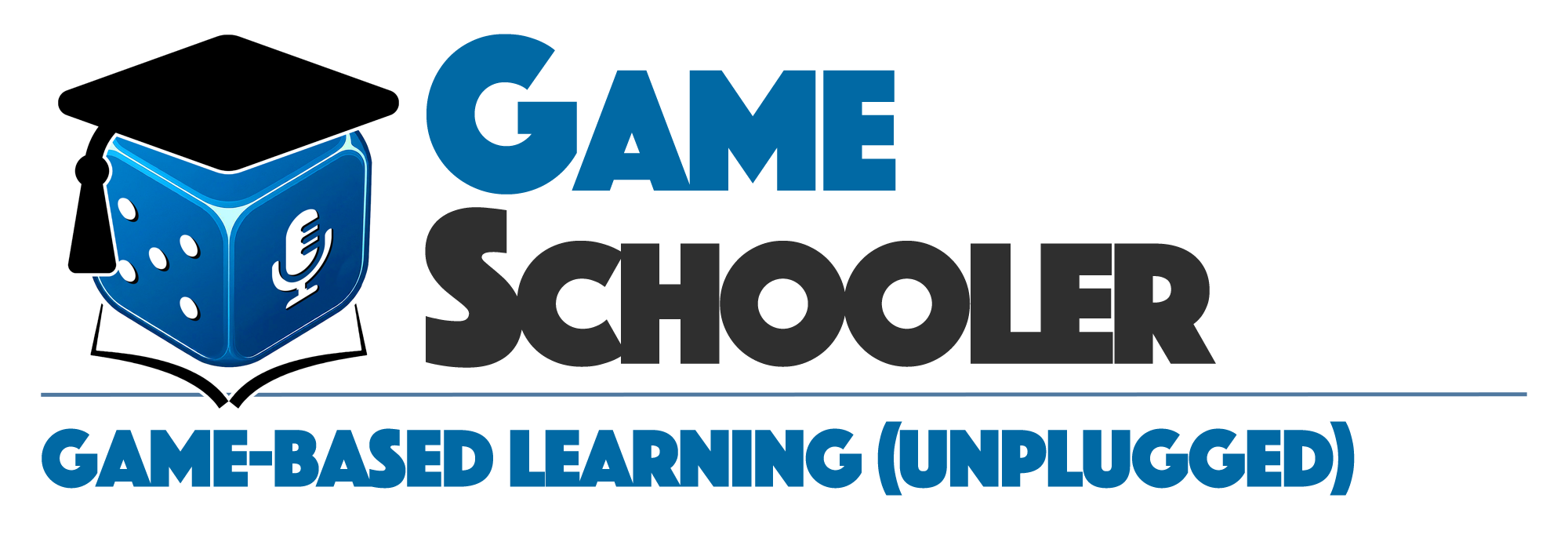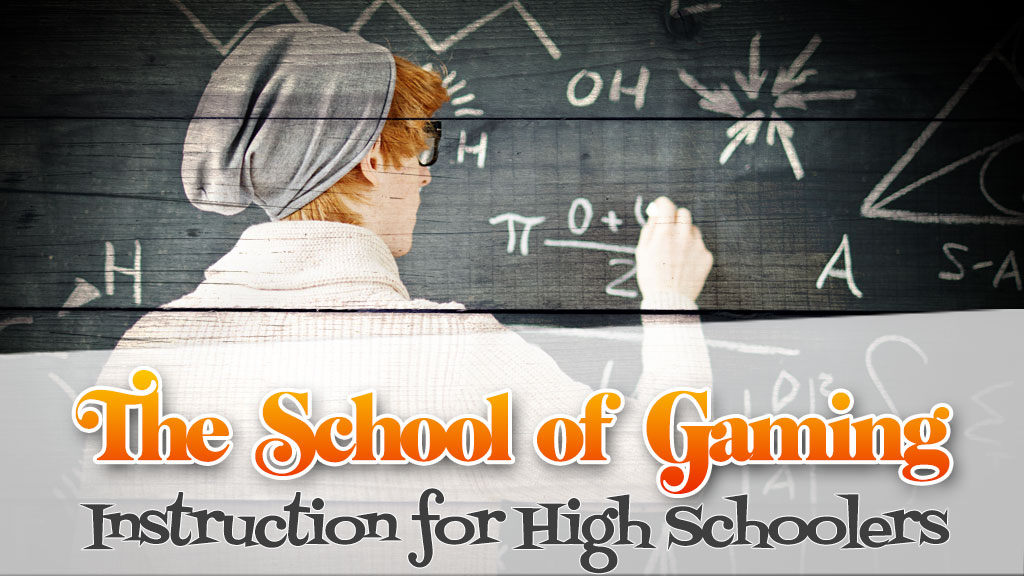In the School of Gaming segment featured in episode 24 of The Game Schooler Podcast (32m 30s into the show), we talked about and unpacked advanced gameschooling at the high school level. The teacher facilitates the process. Doug pointed out how money management, full economies, and advanced subjects are brought to the table with more complex games. He mentioned Freedom: The Underground Railroad, which delicately deals with the United States Civil war, Chocolate Factory, a game about supply, demand, and production, and Terraforming Mars, a game about making Mars habitable for humans. With advanced gameschooling, skills and subjects intersect to engage students in various ways.
Playing the game IS the instruction in game-based learning (Mayer, 2020, p. 85). In game-based learning, a reflection isn’t required; an artifact does not have to be created, and a product doesn’t need to be curated. Instead, advanced gameschooling fosters social interaction, collaboration, and problem-solving opportunities by playing the game and discovering how the design, mechanisms, and theme merge.
If you’re just starting with gameschooling or a seasoned veteran with an extensive syllabus, don’t be afraid to allow your students to play board games. Now more than ever, youth need opportunities to come together and immerse themselves in a collective in-person activity.
References and Links
- Freedom: The Underground Railroad (2012). Designed by Brian Mayer. Published by Academy, Inc https://boardgamegeek.com/boardgame/119506/freedom-underground-railroad
- Chocolate Factory (2019). Designed by Matthew Dunston & Brett J. Gilbert. Published by Alley Cat Games https://boardgamegeek.com/boardgame/240567/chocolate-factory
- Terraforming Mars (2016). Designed by Jacob Fryxelius. Published by Stronghold Games https://boardgamegeek.com/boardgame/167791/terraforming-mars
- Mayer, R. E. (2020). Cognitive foundations of game-based learning.In J. Plass, R. Mayer, & B. Homer, B. (Eds.), Handbook of game-based learning (pp. 83-110). MIT Press.

